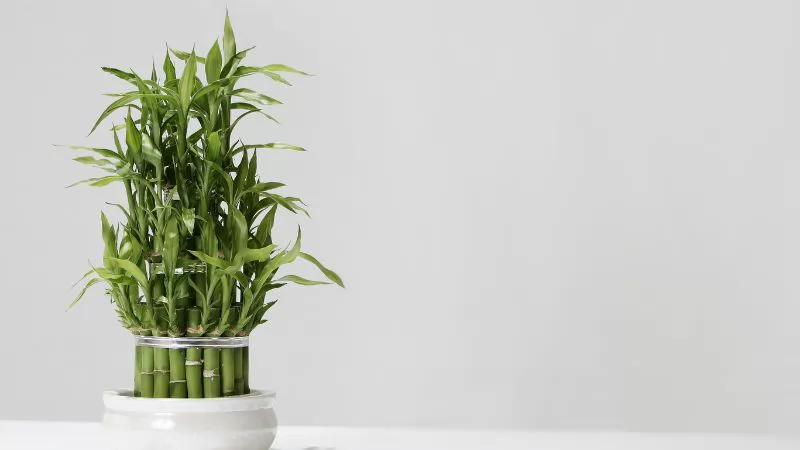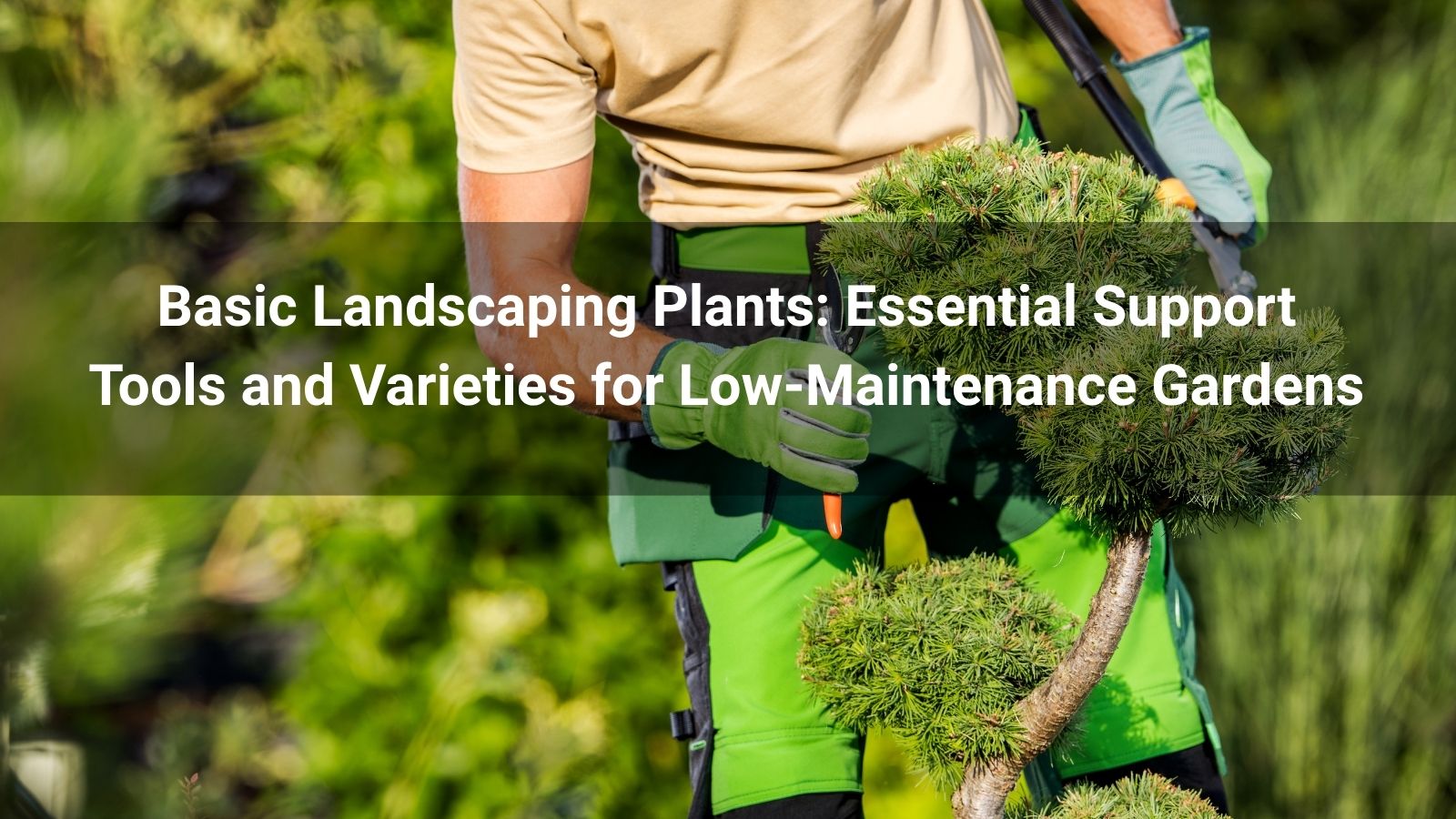
Bamboo is a symbol of versatility and resilience, renowned for its rapid growth and many practical uses. But can you grow bamboo in Michigan? While Michigan’s climate presents challenges, with the right care, growing bamboo in Michigan is entirely possible. This guide covers everything you need to know about selecting, planting, and maintaining bamboo in the Wolverine State.
The key to growing bamboo successfully in Michigan is selecting cold-hardy bamboo varieties. The genus Phyllostachys is a top choice for Michigan's cold winters. Among these, Phyllostachys nuda and Phyllostachys bissetii are known to withstand temperatures as low as -20°F.
Other great options include Pleioblastus distichus, which is perfect for ground cover, and Fargesia, a non-invasive, clumping bamboo ideal for creating privacy screens or decorative garden elements.
When choosing bamboo for your Michigan garden, keep these key factors in mind:
Before planting bamboo, it’s essential to test your soil’s pH. Bamboo thrives in slightly acidic soil, with an optimal pH level between 5.5 and 6.5. Ensuring your soil has good drainage is critical to preventing the bamboo from spreading uncontrollably.
Bamboo is a heavy feeder, so adding organic matter such as compost, well-rotted manure, or leaf mold will improve soil fertility. Additionally, a balanced fertilizer like 10-10-10 will support bamboo growth during the growing season.
The best time to plant bamboo in Michigan is during spring, after the last frost. This gives the rhizomes enough time to establish their root systems before the harsh winter sets in.
When planting bamboo, start by digging a hole that is 2-3 times wider than the rhizome and equally deep. This gives the bamboo enough space to spread without becoming root-bound. Next, position the rhizome in the center of the hole, ensuring the growing tips are facing upwards. The top of the rhizome should sit just below the soil surface. After positioning, gently backfill the hole with soil, tamping lightly to remove any air pockets. Be sure to water thoroughly, which will settle the soil and hydrate the rhizome. For proper growth, plant each rhizome 3-5 feet apart, depending on the species. This spacing will help prevent overcrowding and encourage healthy bamboo growth.
Bamboo thrives on consistent moisture, especially during Michigan’s dry periods. A deep watering once a week should be sufficient, but be sure to adjust based on rainfall and the specific needs of your bamboo variety.
To conserve moisture and reduce weed growth, apply organic mulch around the base of your bamboo. Wood chips, leaf litter, or even bamboo trimmings can work well as mulch.
Bamboo is a heavy feeder. Applying a balanced fertilizer in early spring and summer will promote healthy growth. A 10-10-10 organic fertilizer is a good choice for most bamboo species.
Regular pruning is essential to prevent bamboo from spreading too much. Trim dead or damaged canes and remove any shoots that grow outside the desired area. This will help maintain a tidy appearance and prevent overcrowding.
To protect bamboo during Michigan’s harsh winters, wrap delicate bamboo canes with burlap to shield them from cold winds. Applying a thick layer of mulch around the base will also insulate the roots and help the bamboo survive the cold.
Although bamboo is relatively pest-resistant, it’s important to monitor for signs of damage. If necessary, use organic pest control methods to keep pests under control and maintain the health of your bamboo.
Bamboo can spread aggressively if not properly contained. To manage its spread, dig trenches or install barriers to restrict the rhizomes. For more invasive varieties, you may need to install concrete barriers around the bamboo stand.
If your bamboo is not thriving, the issue may be related to poor soil, insufficient sunlight, or improper growing conditions. Conduct soil tests to identify nutrient deficiencies, and adjust your planting area as needed. Ensure the bamboo receives adequate sunlight and protection from extreme weather.
Bamboo should be harvested during a waxing moon for optimal durability and longevity. After harvesting, cure the bamboo to enhance its resistance to the elements, especially if you plan to use it for outdoor structures or other long-term projects.
Bamboo is a versatile material that can be used for various projects in Michigan, such as:
Can bamboo grow in Michigan? Yes, with the right care and knowledge, growing bamboo in Michigan is entirely possible. By selecting cold-hardy varieties, preparing your soil correctly, and following proper maintenance practices, you can enjoy this versatile and fast-growing plant in your Michigan garden.
Contact us now for quotes or inquiries, and let Linkwin, your trusted provider of Garden Soft Twist Ties, kraft paper twist ties, twist tie rolls, Small Metal Hand Shovels, and high-quality products from seedling tray manufacturers, be your partner in gardening solutions!











We use cookies to make the website work, to provide advanced features, social media and traffic analysis, and we use analytics and third-party advertising cookies. If you choose to click "Deny All", you will retain the default setting of not allowing the use of cookies or other tracking tools other than technical tools.



